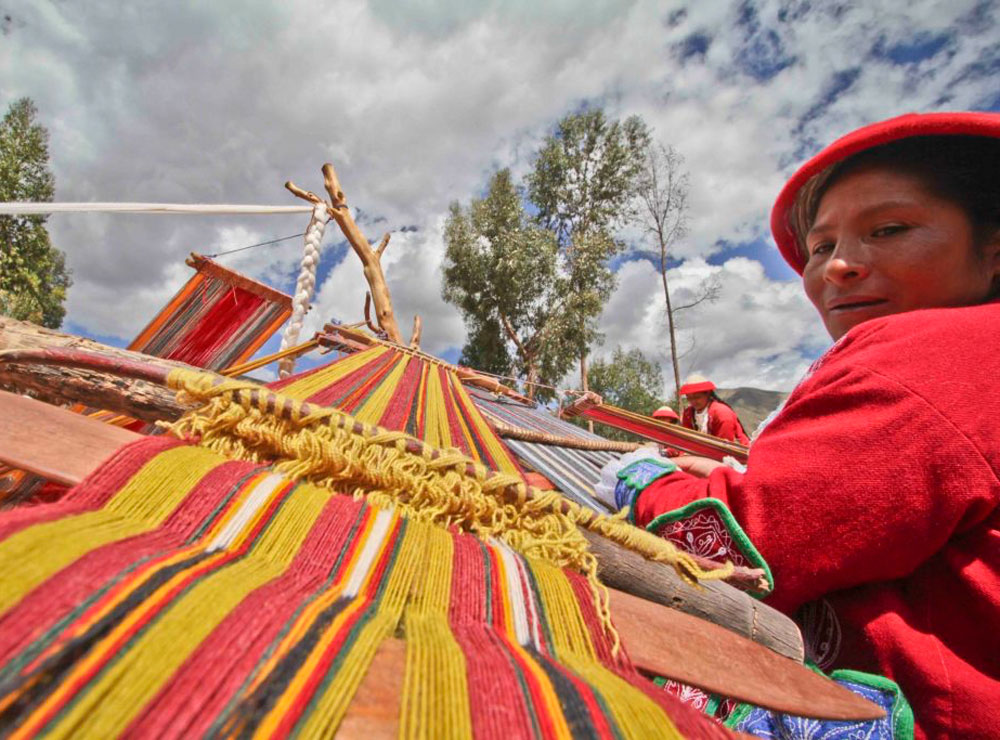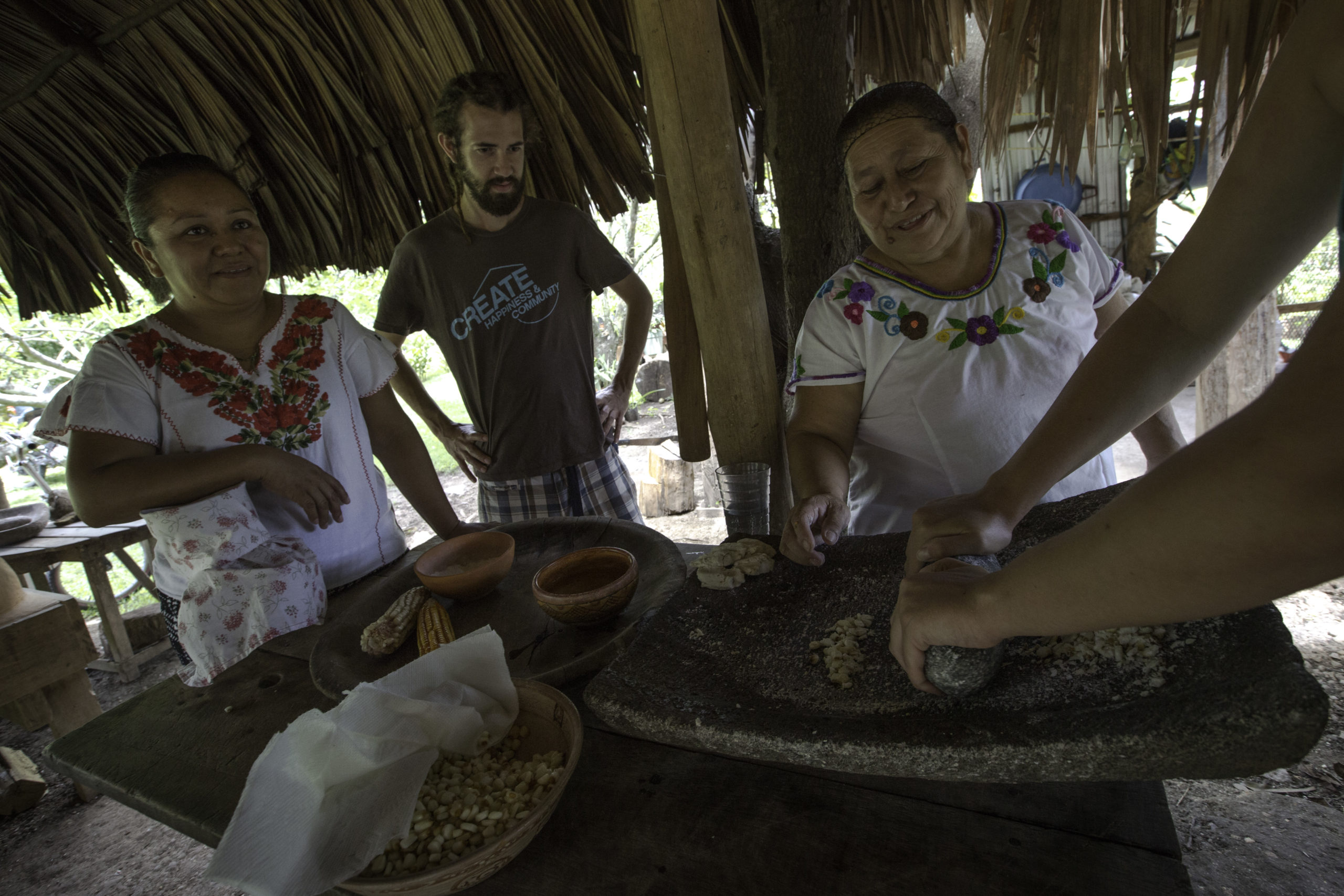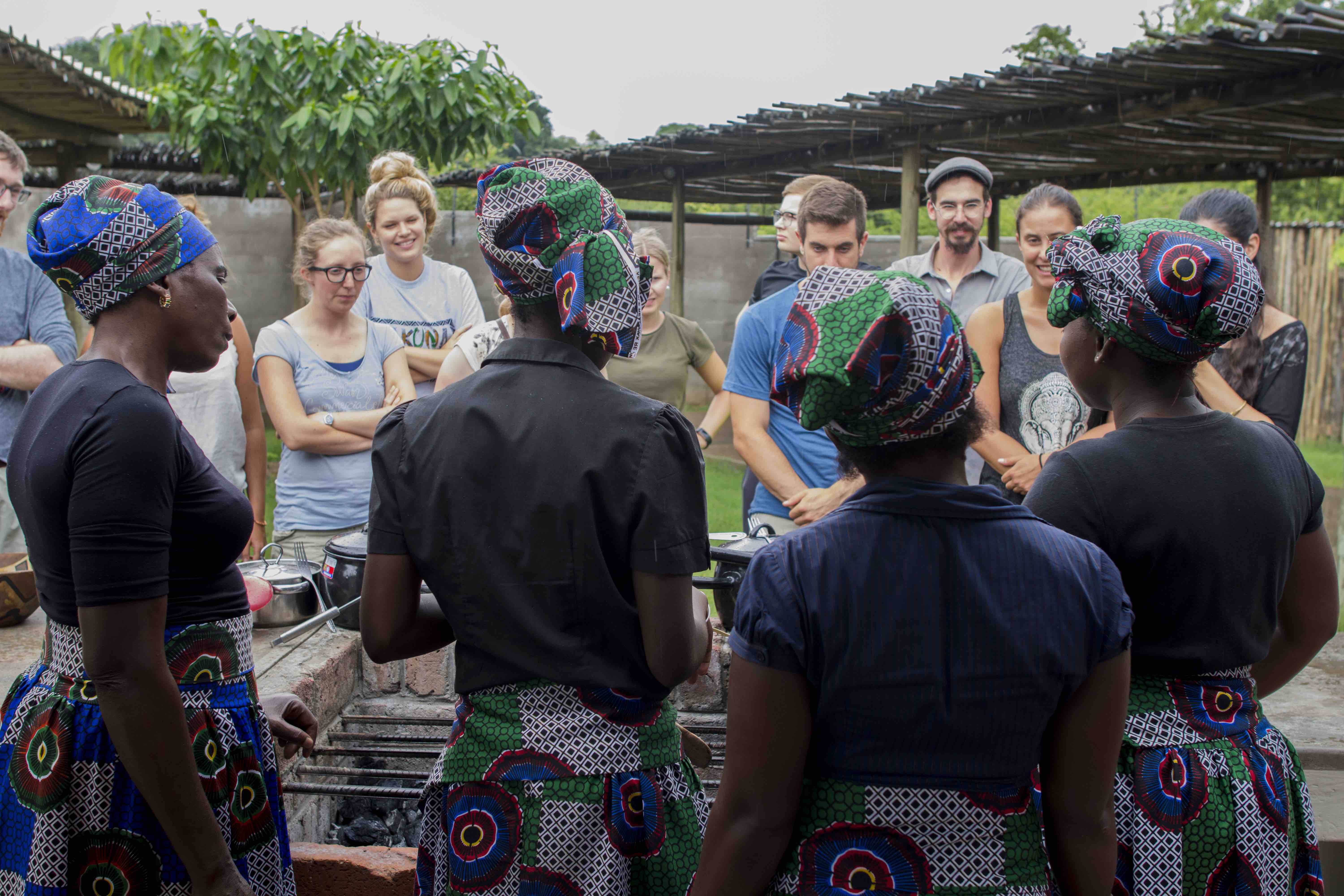
Did you know that lack of awareness can contribute to the loss of invaluable cultural heritage?
The cultural diversity of our world is one of our greatest treasures. However, we have sadly seen how traditions, languages and cultural practices are being lost because indigenous and rural communities are oftentimes forced to change their ways of life.
Losing this heritage would mean losing invaluable knowledge that has shaped our identities and ways of relating to people and the environment for centuries.
Tourism can help preserve traditions, foster cultural awareness and strengthen identities and sense of belonging. Responsible travel experiences broaden our horizons because we interact with people from different backgrounds and learn about their ways of life. At the same time, by travelling, we can help improve the quality of life of many communities worldwide.
Planeterra supports programs that recognize the unique offerings that indigenous and rural communities have for tourism. We help to create meaningful connections between travellers and indigenous people through social enterprise.
Over the years we have seen that conserving cultures through tourism is possible and it can empower local people to improve their livelihoods by sharing their heritage.
The Ccaccaccollo Women’s Weaving Co-op, for instance, is a great example of how communities can use tourism as a tool to protect and preserve natural and cultural resources while expressing, sharing, developing, and pursuing traditions.
Ccaccaccollo is an Indigenous community located in the Andean region of Cuzco, Perú. Despite being close to a popular tourist attraction, Machu Picchu, Ccaccaccollo did not benefit from tourism. Also, like many communities around the world, women were frequently excluded from educational and economic opportunities.

Planeterra funded training programs to help bring back the weaving traditions that had been lost over the previous generations as there wasn’t a way to earn a significant income. When we first developed a partnership with the women in the Ccaccaccollo Community, the cooperative was run by only 3 women – today, the cooperative is owned by 46 women.
Through our partnership and a connection to travellers, the Ccaccaccollo Women’s Weaving Co-op has been able to contribute to their families’ income. The women who have been with the project since the beginning report that all of their children study at university. Those involved in the cooperative are the first generation to be completely literate in Spanish.
And with the success of the Co-op, they have also grown their enterprise and opened a Community Homestay.
Another inspiring initiative is the San Antonio Women’s Cooperative. This project was born from the desire of the women in San Antonio village (Cayo District, Belize) to preserve the Mayan Yucatec culture and revive aspects like the language that was being forgotten. They also wanted to find a way to earn an income, empower women and inspire the children and youth.
Planeterra provided a grant to the San Antonio Women’s Co-op which allowed them to build an indoor workshop space. The new space has increased the center’s capacity to host many more travellers and has given them added space to safely house their products. This space also resulted in the cooperative being able to add a training program for unemployed youth in the community so that they too can benefit from tourism.
When travellers visit the San Antonio Women’s Cooperative, they learn about corn grinding and tortilla making and get a chance to try their hand at ancient pottery-making techniques.
The women in San Antonio are proud to share their traditional knowledge not only with visitors but with the younger generation. Their great work was recently recognized as the best “Cultural Experience of the Year” by the Belize Tourism Board.

We want to see more projects like the Ccaccaccollo Women’s Weaving Co-op and the San Antonio Women’s Cooperative thrive. Nevertheless, with challenges such as the COVID-19 pandemic arising, the barriers are higher (yet with your support, not impossible!).
This is the case of the Lusumpuko Women’s Club in Victoria Falls, Zimbabwe. They started as a group of chicken-rearers who also occasionally cater to church and local community gatherings. With Planeterra’s help, they’ve shifted into also hosting a cooking class for local travellers.
This has allowed them to rediscover their cultural history as they create dishes from their memories with their parents and grandparents. Likewise, it has given them the chance to continue learning about tailoring, catering, and animal husbandry, traditional trades that were reserved for men, creating income for their families and communities while empowering other women to build and launch their own businesses.
But they suffered the same fate as many tourism businesses during the COVID-19 pandemic. Having no travellers visiting them meant no income to continue implementing much-needed improvements to the equipment they use to prepare food, the core of their business.
For the Lusumpuko Women’s Club to continue providing delicious meals for travellers and locals, we need your support to help them with renewals and repairs to their stoves and other equipment.
If you’d like to “get a taste” of what it is like to be hosted by the vibrant women at Lusumpuko, you can see them towards the end of this video, at the 10 minutes mark. Fun fact shared by Evie, Planeterra’s Regional Program Manager AMEE:
“This is Lusumpuko every day, they are so vibrant and happy to receive travellers. It also helps that their food is amazing!! Especially the caterpillars”

Planeterra wants to continue seeing projects like Lusumpuko Women’s Club improving the livelihoods of their communities while celebrating and conserving their culture. If you feel the same way, consider donating to Planeterra today.


Post a comment